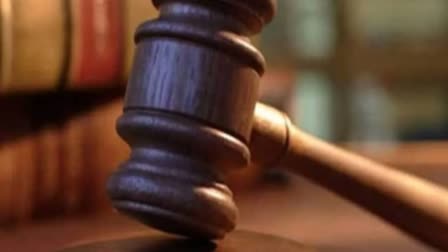New Delhi :The Supreme Court on Monday restrained authorities from carrying out any activity at the Doloo tea estate in Assam's Cachar district, where a greenfield airport is proposed to be constructed, saying “when the law prescribes specific norms for carrying out activities requiring environmental clearance, the provisions of the law have to be duly complied with”.
A three-judge bench led by Chief Justice of India D Y Chandrachud, observing that petitioners' have claimed that over 40 lakh tea bushes have been uprooted, said the authorities in the present case have acted in violation of the Environment Impact Assessment (EIA) Notification, 2006 by carrying out extensive clearance at the site without any environmental approval. The apex court also examined the report filed by the secretary of the District Legal Services Authority of Cachar and directed that no activity shall be carried out in breach of the EIA notification.
The bench, also comprising justices J B Pardiwala and Manoj Misra, said: “We are clearly of the view the authorities in present case, are in violation of the provisions contained in the paragraph two of the notification dated September 14, 2006, by carrying out extensive clearance at the site in the absence of environment clearance. Undoubtedly, the state government has emphasized on the need to establish a civilian airport at Silchar, which has led to the proposal to set up a greenfield airport on land measuring 335 hectares….”.
The apex court said that the decision regarding the airport is undoubtedly a matter of policy, however “when the law prescribes specific norms for carrying out activities requiring environmental clearance, the provisions of the law have to be duly complied with”. The bench made it clear that no activity shall be carried out in breach of the provisions of the September 2006 notification.
“In the event, any application for grant of environmental clearance is filed or if it is filed thereafter, the processing of the application shall take place on the condition of the site as it existed prior to the date on which the illegal clearance of the tea bushes and shed trees took place on the proposed site….”, said the bench.
